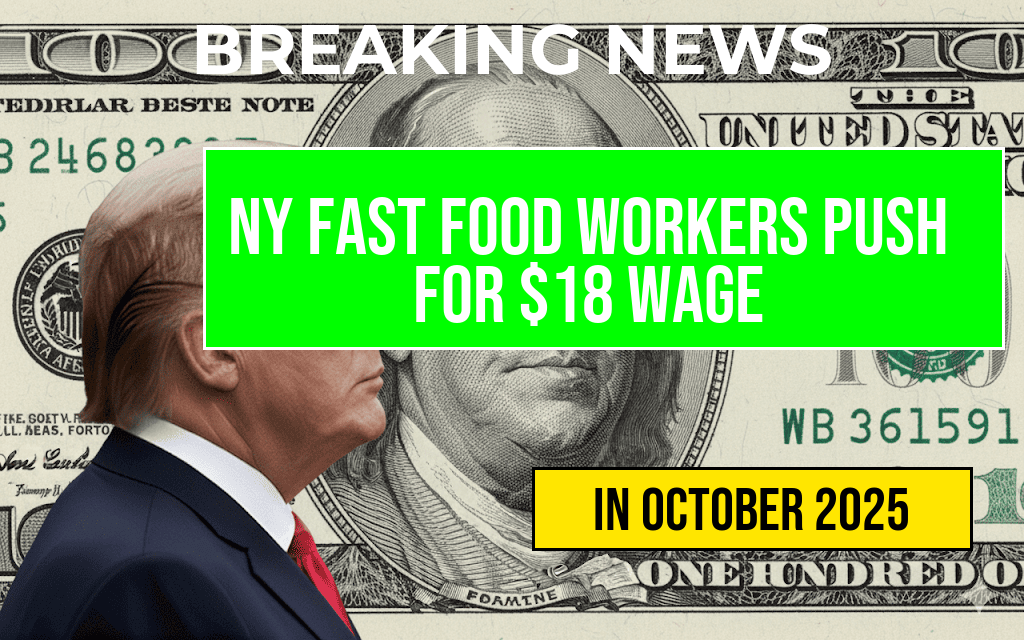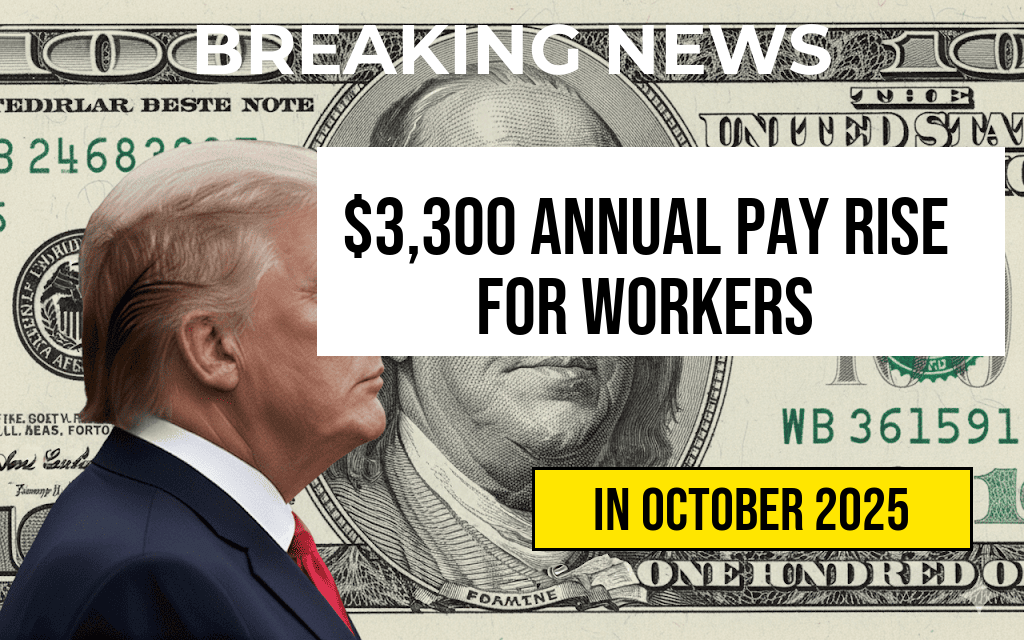California and New York are poised to implement a significant change in their labor markets as both states prepare to raise their minimum wage to $16.50 per hour. This adjustment, set to take effect in the coming months, reflects a growing trend among states and municipalities to enhance compensation for workers amid rising living costs and ongoing economic challenges. The decision has sparked discussions about the potential impacts on businesses, workers, and the broader economy, particularly in sectors heavily reliant on minimum wage labor, such as retail and hospitality.
Details of the Minimum Wage Increase
The minimum wage increase will be phased in, with specific dates varying by state. In California, the new hourly wage will be instituted statewide, while New York will implement similar changes across various regions. The legislation aims to address inflation and living expenses, which have surged in recent years.
California’s Approach
Governor Gavin Newsom’s administration has championed the wage increase as part of a broader initiative to ensure that all workers can earn a livable income. The phased implementation in California is scheduled as follows:
| Date | New Minimum Wage |
|---|---|
| January 1, 2024 | $16.50 |
| Subsequent Adjustments | Annual increases linked to inflation |
New York’s Strategy
In New York, the minimum wage increase will also take effect on January 1, 2024, with the state government emphasizing the need to support low-income families and stimulate economic growth. The New York State Department of Labor has stated that the increase will apply to all workers across various sectors, ensuring consistency in pay standards.
Impact on Workers and Businesses
The proposed wage increase has elicited mixed reactions. Advocates for workers argue that a higher minimum wage is essential for combating poverty and providing families with a better quality of life. According to a report from the Forbes Advisor, many employees in minimum-wage roles have struggled to keep up with rising housing and living expenses. As such, the new wage is seen as a necessary step towards economic equity.
- Supporters claim it will boost morale and productivity among workers.
- It is expected to reduce employee turnover rates, particularly in the service industry.
- Higher wages could lead to increased consumer spending, benefiting local economies.
Conversely, business owners express concerns about the potential financial strain the wage hike may impose. Critics warn that small businesses, already navigating the challenges of post-pandemic recovery, might struggle to absorb the increased labor costs, leading to potential layoffs or reduced hiring. A recent survey by the National Federation of Independent Business indicated that many small business owners remain apprehensive about how the wage increase will affect their bottom lines.
Economic Context
This wage increase comes at a time when inflation rates have significantly impacted consumers and businesses alike. The U.S. Bureau of Labor Statistics reported that inflation rose by 8.3% in the previous year, further intensifying the need for higher wages. Economists suggest that while the minimum wage increase may help alleviate some financial pressures on workers, it could also contribute to inflationary pressures if businesses pass on the increased costs to consumers.
Looking Ahead
As California and New York prepare to implement the $16.50 hourly minimum wage, the broader implications for labor markets remain to be seen. The outcomes will likely serve as a case study for other states considering similar measures. Observers are keen to monitor how these changes will affect employment rates, business operations, and economic growth in the coming years.
The minimum wage debate continues to unfold across the United States, with various cities and states exploring their own strategies to address wage disparities. As California and New York move forward, the impacts of their decisions will be closely watched by lawmakers and advocates nationwide.
Frequently Asked Questions
What is the new minimum wage being implemented in California and New York?
The new minimum wage being implemented in both California and New York is $16.50 per hour.
When will the $16.50 hourly minimum wage take effect?
The $16.50 hourly minimum wage is set to take effect on January 1, 2024, in both states.
Who will be affected by the minimum wage increase?
The minimum wage increase will affect all workers in California and New York who are currently earning less than $16.50 per hour.
What are the reasons behind the increase to $16.50?
The increase to $16.50 is aimed at addressing the rising cost of living and ensuring that workers can meet basic expenses in both states.
Are there any exceptions to the new minimum wage law?
Yes, certain industries and positions may have exceptions or different wage standards, so it’s essential for employers and employees to review the specific regulations.











